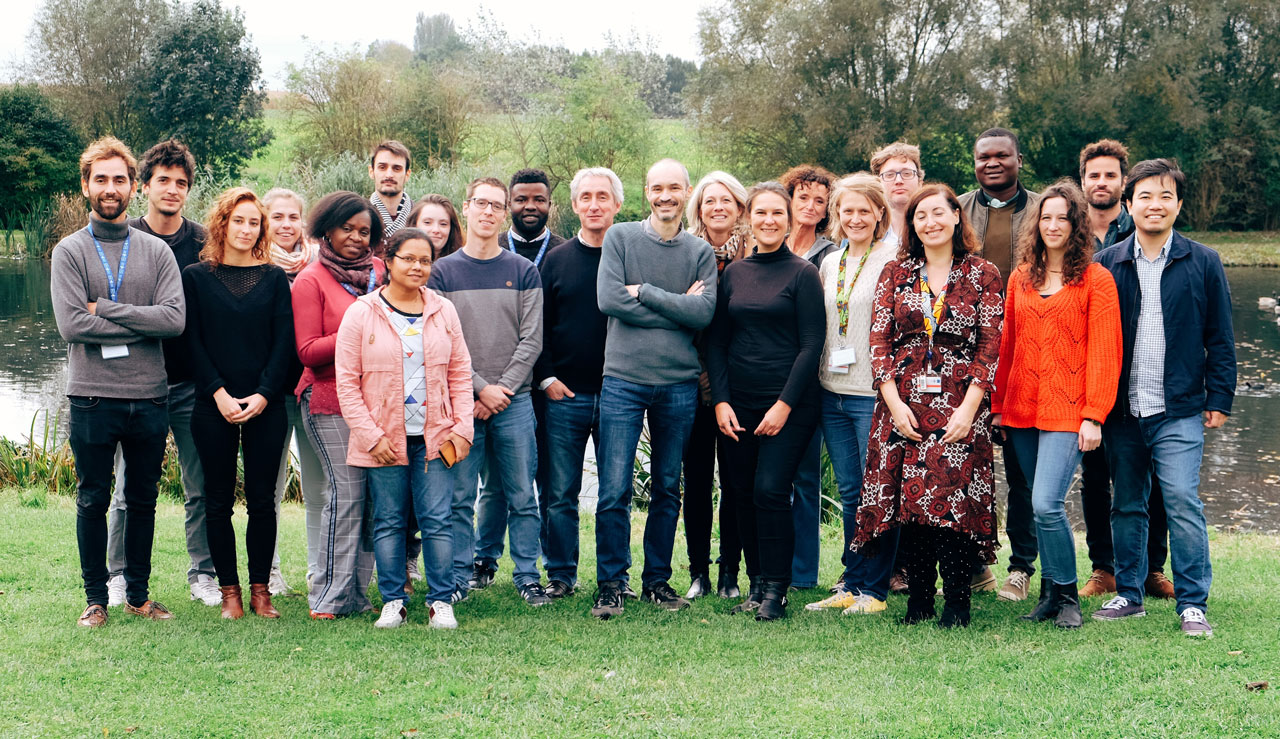
Research topics

Immunology
Description

Bacteriology
Description

Virology
Description

Clinical microbiology
Description

Immunology research
Our aim is to guide vaccination strategies to viral infections for vulnerable populations, especially focusing on maternal and infant immunity. We are investigating the transfer of maternal immunity to newborns and its impact on infant immune systems. Additionally, we are studying immunity in immunocompromised populations, like the elderly and transplanted patients. Our research explores correlates of protection against viral infections to inform vaccine development for these populations.

Bacteriology research
The research line from the bacteriology research group is multidisciplinary and lies at the crossroad between microbiology, genetics, bioinformatics, immunology, infectious diseases, paediatrics and public health. Most of our current projects use Group A streptococcus (GAS) as a model system. Our lab is currently developing new vaccine formulations against GAS and performing the molecular characterisation of GAS virulence determinants as well as bacteriophage-GAS interactions.

Virology research
The main research focus of the Virology group has been the mechanistic description of the cytostatic property of the parvoviral protein NS1. We have also studied the envelope assembly of Hepatitis C and Yellow Fever viruses and the complex entry process of Hepatitis C virus. More recently, we unveiled the mechanism of coxsackievirus induced β-cell death, the antiviral response of pancreatic α cells and the role played by IFN- α in type 1 diabetes. At the EPIV, we are studying the mechanisms leading to the reactivation of polyomavirus BK in transplanted patient, the immune response against SARS-CoV2 and the poliomyelitis virus.

Clinical microbiology
The main research interests of the clinical microbiology group focus on molecular characterization and genetic population structure of bacterial pathogens, epidemiology of antimicrobial resistance in industrialized and developing countries and clinical impact, cost-effectiveness and quality assessment of in-vitro diagnosis methods in microbiology.

